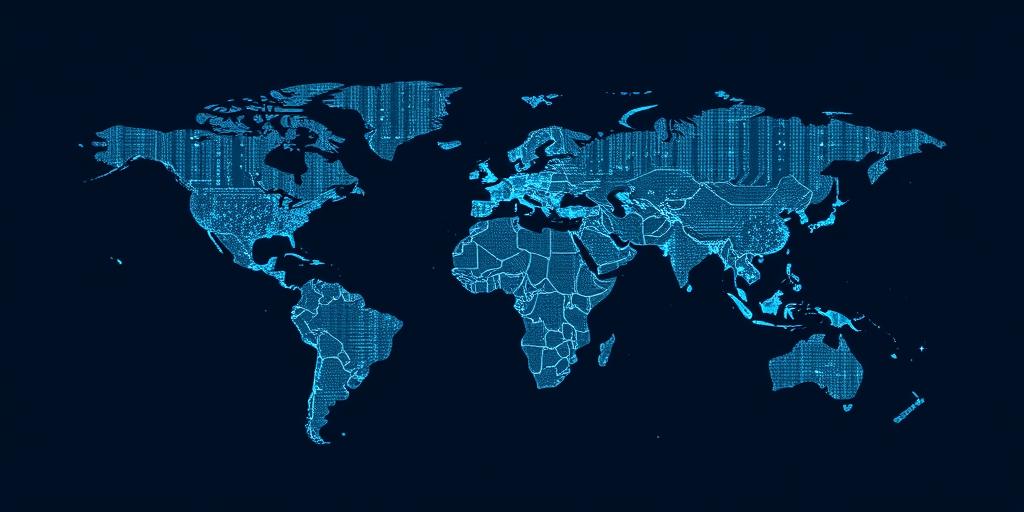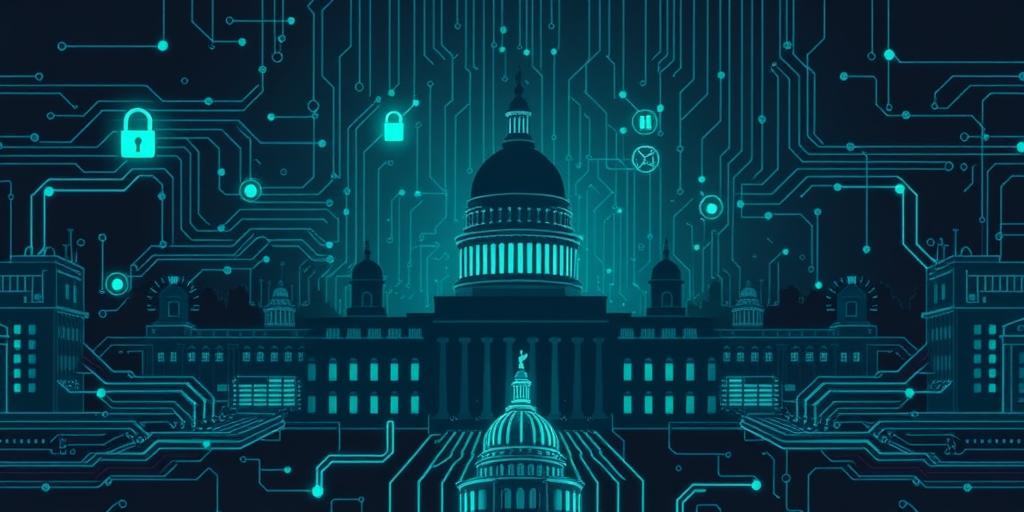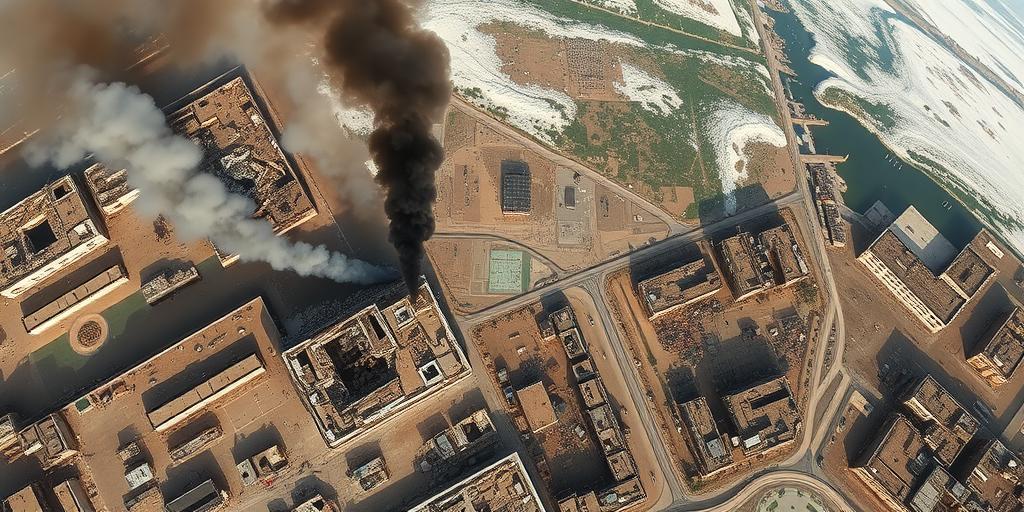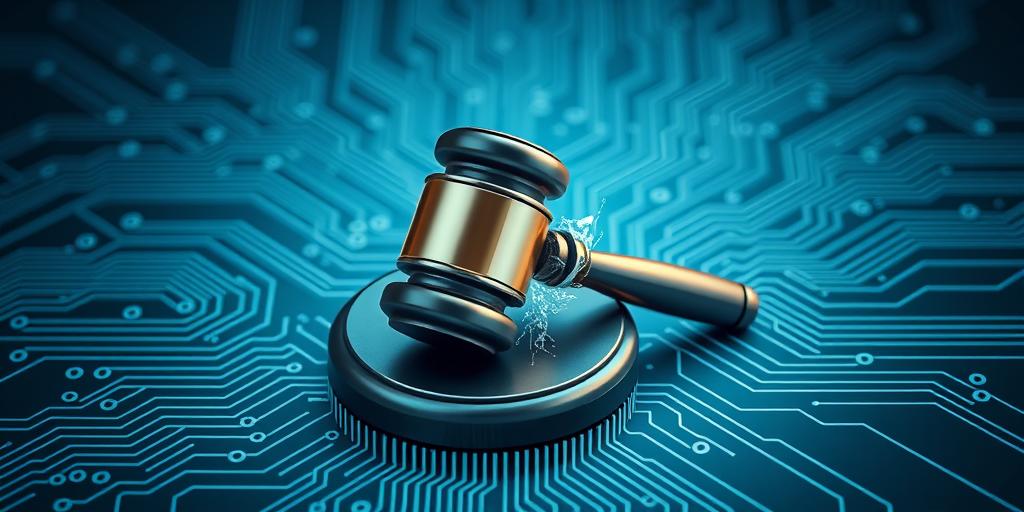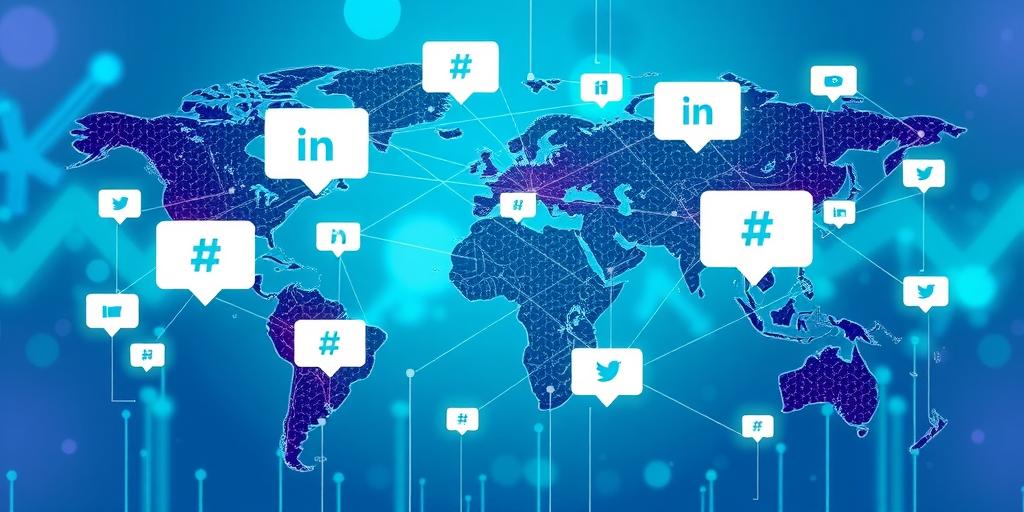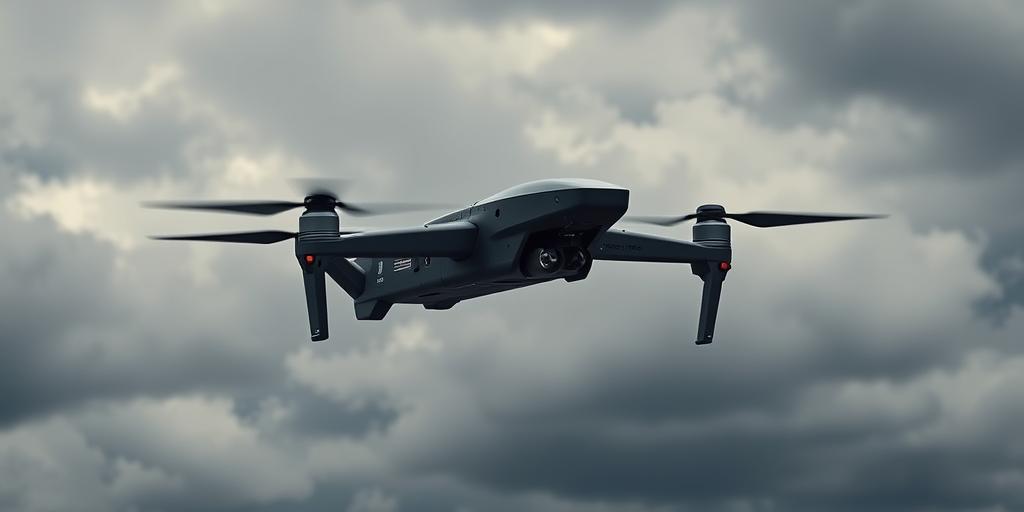AI and the Future of Global Power Dynamics
Explore how AI is reshaping global power dynamics, impacting economic competitiveness, military capabilities, and international relations. Discover the opportunities and challenges for nations worldwide.

AI and the Future of Global Power Dynamics
AI and the Future of Global Power Dynamics
Artificial intelligence (AI) is rapidly transforming various aspects of our lives, from how we communicate and work to how we conduct business and govern societies. As AI technologies continue to advance, their impact on global power dynamics is becoming increasingly evident. This article explores the multifaceted ways in which AI is reshaping the international landscape, examining both the opportunities and challenges it presents for nations worldwide.
The Rise of AI as a Strategic Asset
In the 21st century, AI has emerged as a critical strategic asset, akin to natural resources or military might. Countries that invest heavily in AI research and development are positioning themselves to gain a competitive edge in various domains, including:
- Economic Competitiveness: AI-driven automation and optimization can enhance productivity, drive innovation, and create new industries, thereby boosting economic growth and competitiveness.
- Military Capabilities: AI is revolutionizing military operations through autonomous weapons systems, enhanced intelligence gathering, and improved decision-making, potentially altering the balance of power between nations.
- Technological Supremacy: Countries that lead in AI research and development can set global standards, control key technologies, and shape the future of innovation, thereby exerting significant influence on the world stage.
AI and Geopolitical Competition
The rise of AI is also fueling geopolitical competition as nations vie for dominance in this transformative technology. Several key areas of competition include:
- AI Talent: Attracting and retaining top AI talent is crucial for maintaining a competitive edge. Countries are investing heavily in education, research, and immigration policies to cultivate a skilled AI workforce.
- Data Dominance: Access to vast amounts of data is essential for training AI algorithms. Nations with large populations and robust data infrastructure have a significant advantage in developing AI technologies.
- Ethical Standards: Establishing ethical guidelines for AI development and deployment is critical for ensuring responsible innovation. Countries are grappling with issues such as bias, privacy, and accountability as they seek to shape the future of AI ethics.
The Impact of AI on Global Governance
As AI technologies become more pervasive, their impact on global governance is also growing. AI can be used to address some of the world's most pressing challenges, such as climate change, poverty, and disease. However, it also poses new challenges for international cooperation and regulation.
- International Cooperation: AI requires international cooperation to address shared challenges such as cybersecurity, data governance, and ethical standards. Multilateral institutions and agreements are needed to ensure that AI is developed and used responsibly.
- Regulation and Oversight: Governments around the world are grappling with how to regulate AI technologies. Striking the right balance between promoting innovation and mitigating risks is essential for ensuring that AI benefits society as a whole.
- Human Rights and Democracy: AI has the potential to both enhance and undermine human rights and democratic values. Safeguarding privacy, freedom of expression, and due process in the age of AI is crucial for preserving democratic institutions.
Conclusion
AI is poised to reshape global power dynamics in profound ways. As nations invest in AI research and development, they are positioning themselves to gain a competitive edge in economic, military, and technological domains. However, the rise of AI also poses new challenges for international cooperation, regulation, and ethical standards. Navigating these challenges will require careful planning, collaboration, and a commitment to responsible innovation. The future of global power dynamics will depend on how effectively nations harness the potential of AI while mitigating its risks.

